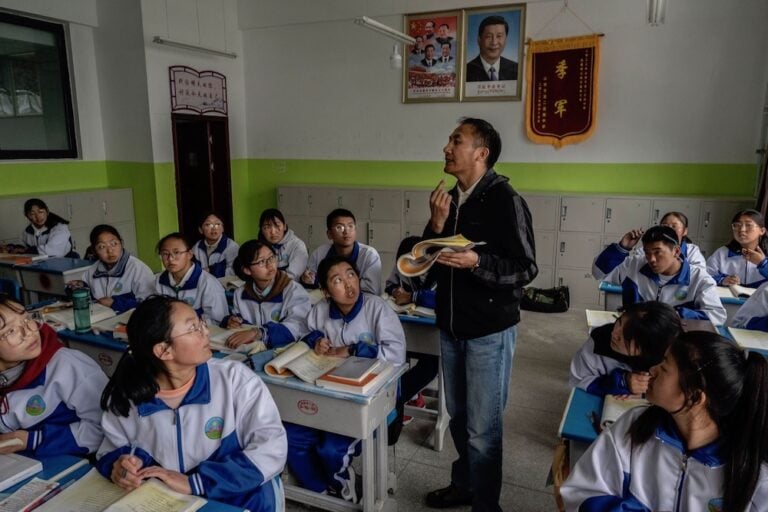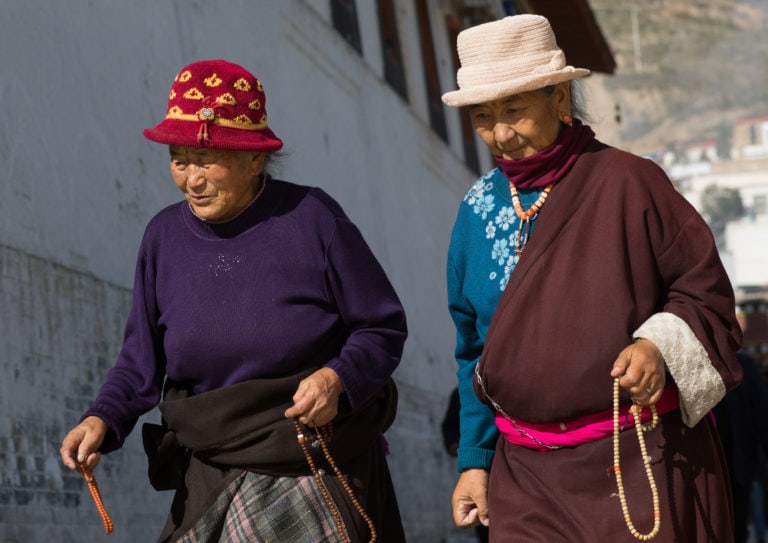(WiPC/IFEX) – The Writers in Prison Committee (WiPC) of International PEN is seriously concerned about the detention of Kunchok Tsephel Gopey Tsang, a Tibetan internet writer, who has reportedly been held without charge since 26 February 2009. The WiPC fears that Kunchok Tsephel Gopey Tsang may be held for his online writings, and if so, […]
(WiPC/IFEX) – The Writers in Prison Committee (WiPC) of International PEN is seriously concerned about the detention of Kunchok Tsephel Gopey Tsang, a Tibetan internet writer, who has reportedly been held without charge since 26 February 2009. The WiPC fears that Kunchok Tsephel Gopey Tsang may be held for his online writings, and if so, calls for his immediate and unconditional release in accordance with Article 19 of the International Covenant on Civil and Political Rights, to which China is a signatory.
Kunchok Tsephel Gopey Tsang (born in 1970) was arrested by Chinese security officials at his home in the town of Nyul-ra, Gannan Tibetan Autonomous Prefecture (TAP), Gansu Province on 26 February 2009. He is believed to be held at a detention centre in Gannan. At the time of his arrest, Gopey Tsang’s house was searched and his computer confiscated. There is no information on the reason for his arrest and no charges have been made public.
Kunchok Tsephel Gopey Tsang is an internet writer and editor of the Tibetan language website “Chomei” (The Lamp) http://www.tibetcm.com , which promotes Tibetan culture and literature. The website was created by Gopey Tsang and Tibetan poet Kyab-chen De-drol in 2005 and since then has been closely monitored by the authorities. It is said that the site was shut down several times during 2007 and 2008.
This is not the first time that Gopey Tsang has been arrested. In 1995 he was held for two months by Public Security Bureau officials on unknown charges, and was reportedly ill-treated in detention.
In March 2008 the Chinese authorities launched a crackdown in the Tibet Autonomous Region, after anti-government protests took place in Lhasa and other areas, with reports of arbitrary arrests and use of excessive force against dissidents. Tight restrictions remain in force on reporting from the Tibetan region, and have been stepped up in recent weeks in the run-up to the 50th anniversary of the 1959 Tibetan uprising on 10 March.


